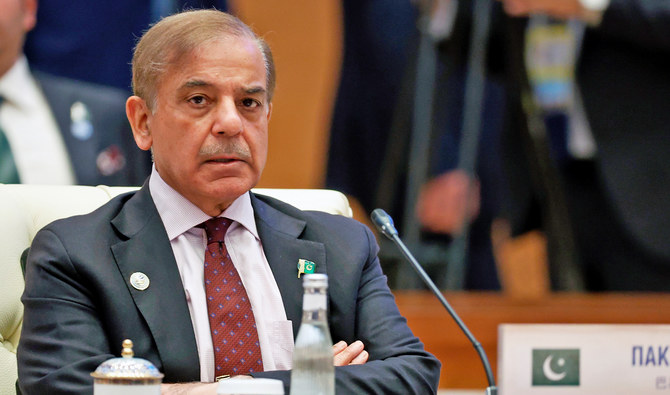
Government Declares a Four-Year Education Emergency
In an attempt to address the problem of children who are not attending school as well as other pressing issues facing the industry, the federal government has decided to formally declare a four-year state of education emergency throughout the nation.
In the next days, Prime Minister Shehbaz Sharif is anticipated to declare an emergency in education. According to sources, the prime minister was supposed to chair a conference on Tuesday, but because of his previous obligations, it was rescheduled for Monday night.
With 26.2 million out-of-school children (OOSC) and a low literacy rate of 62%, Pakistan faces significant challenges today. Furthermore, there is reason for concern given the government’s pitiful 1.7% GDP expenditure on the education sector. The situation is made worse by regional differences in the accessibility of basic amenities like boundary walls, potable water, and restrooms at schools. Many schools lack basic facilities like potable water, especially those in rural areas.
Following a briefing on OOSC and educational facilities across the country last month, Federal Education Minister Dr. Khalid Maqbool Siddiqui revealed plans to persuade the Prime Minister and the federal cabinet to declare a national education emergency.
According to the most current Pakistan Education Statistics report for 2021–2022, 39% of Pakistani children do not attend school. Of these, 11.73 million live in Punjab, 7.63 million in Sindh, 3.63 million in Khyber Pakhtunkhwa, 3.13 million in Balochistan, and 0.08 million live in Islamabad.
Prior to the meeting’s postponement on Monday, the Ministry of Education reaffirmed its commitment to guaranteeing education for all children in a press release. Originally slated for April 30, the National Conference on Education Emergency seeks to address problems such as learning poverty and children who are not in school, especially in districts that are falling behind.
Global educationists, chief ministers, international delegates, ambassadors, and leaders of development partners’ countries will all be present at the conference, which will be headed by the prime minister. It seeks to encourage teamwork in the development of successful plans and programmes for high-quality, inclusive education across the country.
A week has passed since the proposed conference was announced because of the Prime Minister’s commitment in Saudi Arabia. Improving the education system continues to be a primary priority for the federal and local governments, according to Secretary of Education Mohyuddin Ahmad Wani. According to him, the education ministry is actively working to put the required improvements into place, as instructed by the prime minister and the education minister, in conjunction with all stakeholders.

Content writer, educationist, teacher, researcher, social media manager, and a SEO manager from lahore. She has been working as a freelance academic and non-academic writer for more than 10 years now. She has a passion to learn new things and has a knack for writing and she combines both things to produce write ups she pours her heart out in.

